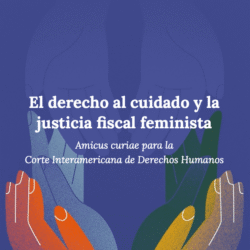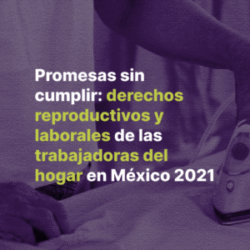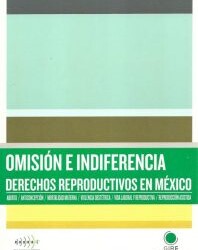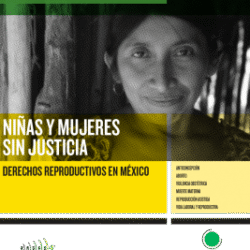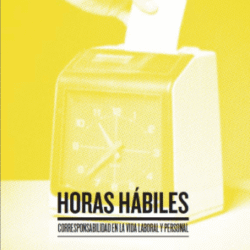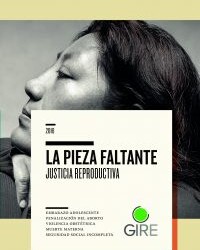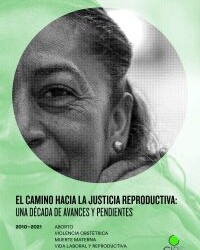Reconciling work and reproductive life refers to the search for a harmonious relationship between two spheres, work and personal or family life, which are often fragmented, generating inequality, particularly gender-based inequality, labor exploitation, oppression and human rights violations. Public policies and legislation in Mexico have tended to treat these issues as separate, as if they were not interdependent, when in reality they converge, influence and impact each other. This has disproportionately affected women, who, due to socially imposed gender roles, have faced the burden of covering responsibilities related to reproductive and family life, particularly in relation to care work, as well as with other unpaid housework.
The government must recognize the importance of care work, insofar as it is essential to sustaining life and, therefore, society. To do this, it must guarantee that this doesn’t translate to a disproportionate workload for one sector of the population, but rather a shared responsibility between individuals, families and society, as well as companies and the government. It must also ensure that the conditions in which care is provided and received are suitable for all parties.
On the other hand, although social security is a right recognized in Mexican law, access to it requires that people have a formal job. This represents a significant barrier to guaranteeing this right and reconciling work and reproductive life, since 59.1 percent of people are employed in the informal sector, including 29 percent of employed women.
In our reports we have analyzed the obstacles that people, particularly women, face in making this reconciliation possible. Also the fact that the men entitled to social care could not access childcare centers. For this reason, we challenged the Social Security Law that restricted access to childcare services, for parents, to those who are widowed, divorced or had full custody of their children.
We accompanied more than 30 cases and several were resolved by the Supreme Court. In June 2016, the Court established that the provisions in force accentuated a differentiated treatment derived from assigning women childcare duties just because they are women, which allowed for the recognition of the need for co-responsible participation by men in care work. In October 2020 we celebrated the Social Security Law reform, which now recognizes the right of all people, regardless of sex or marital status, to childcare services.
In collaboration with more than 30 organizations, we created the Gender and COVID-19 Observatory in Mexico in 2020, in order to monitor obstacles to women exercising their rights in the context of the pandemic.
Since then, we have incorporated the issue of collective care into our agenda and vision, and are working on a model for evaluating and implementing good hybrid or flexible work practices within civil society organizations or groups.



